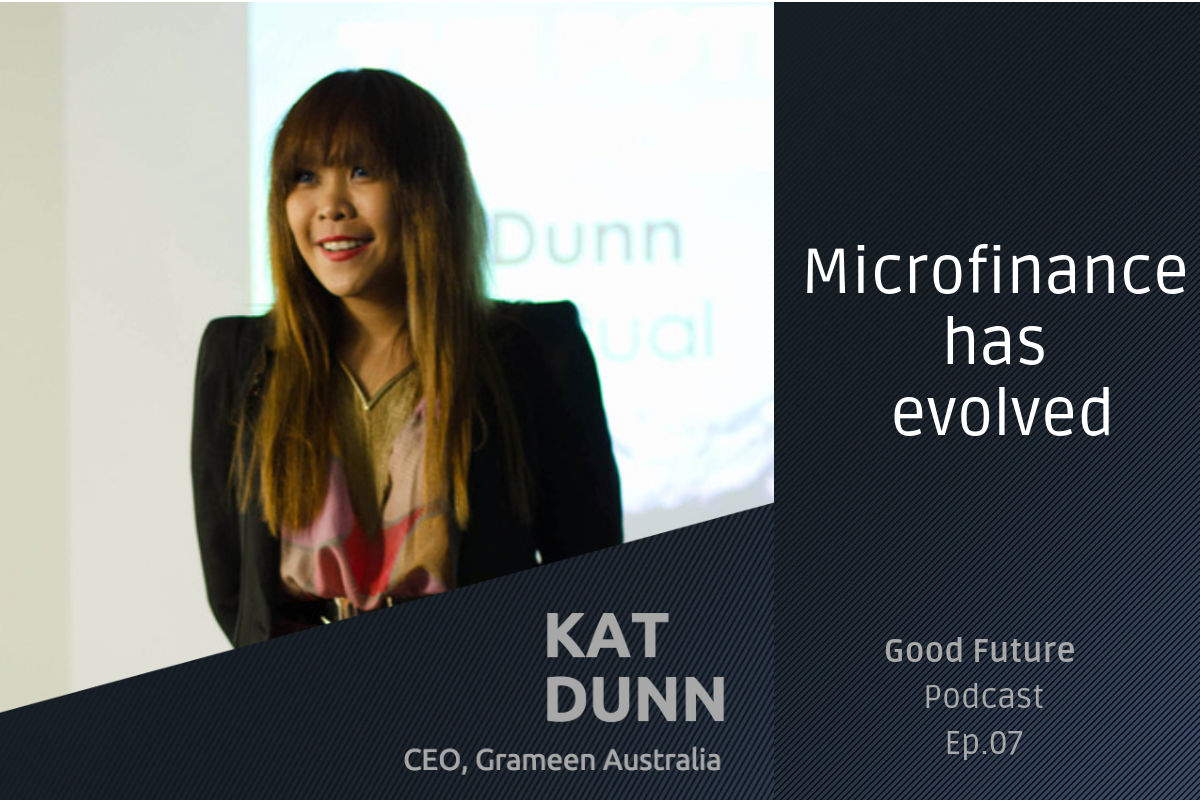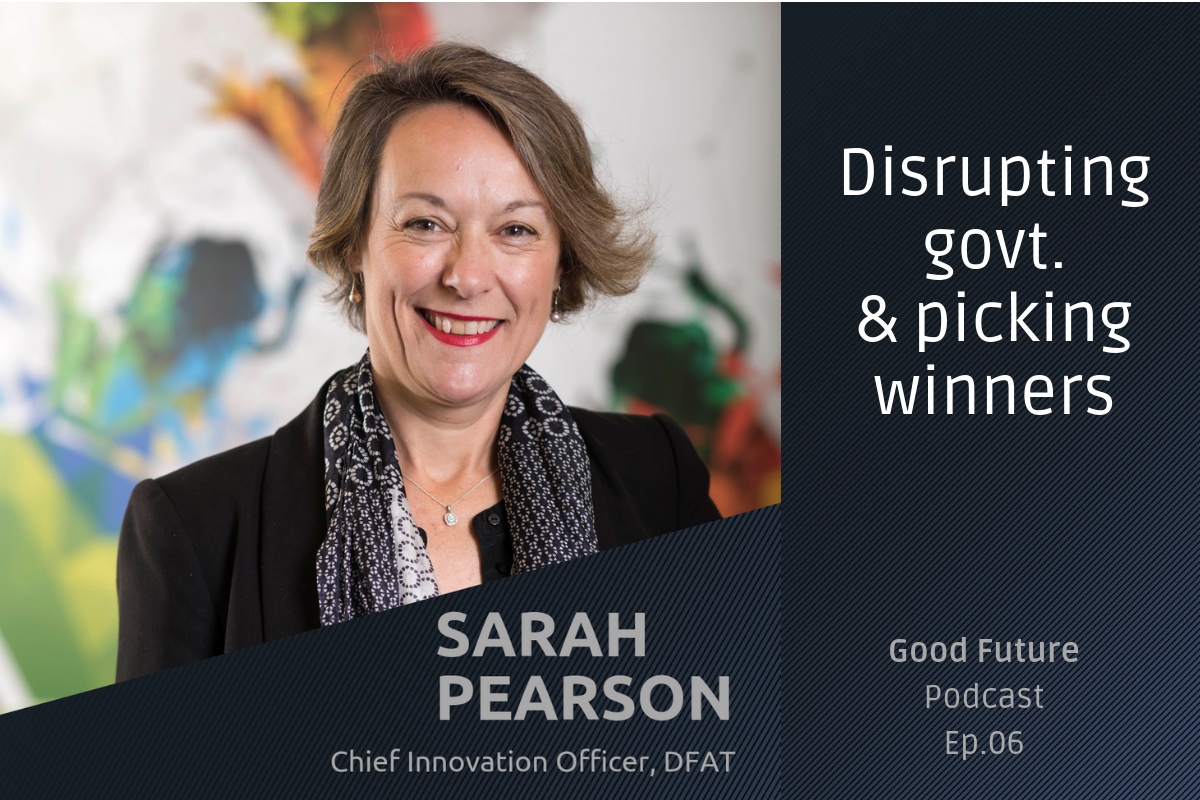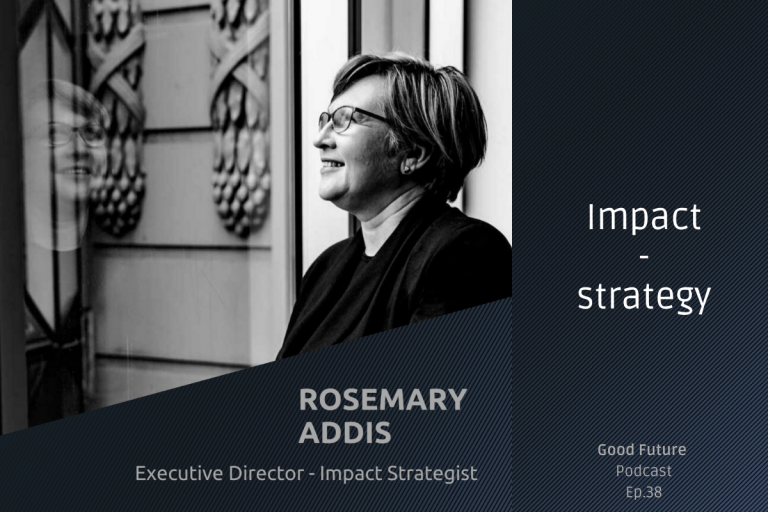Kat Dunn is at the vanguard of microfinance. She’s CEO of Grameen Australia, and she has some big lofty goals for shifting our concept of banking, to give those who don’t have the backing of hard assets, an alternative route to access loans and capital.
Or, listen on Soundcloud…
On this episode…
We went deep on the current state of microfinance as Kat and her team have brought the very successful ‘Grameen Bank’ model to Australia. It was founded by Mohamad Yunus in Bangladesh.
Kat explains the problems with our modern banking system, but she also digs into her own journey that saw her give up a high-flying corporate law role to take the leap.
As she puts it, “I build my parachute on the way down”.
My key takeaway this week…
The banking system really is only setup to help people who already have capital, to back up their loans. But just because someone is poor, doesn’t mean they are not credit worthy. A social credit score would be a game-changer.
Good Future’s Good Books
By Mohamad Yunus
Normally I would talk about his latest book: A World with Three Zeroes. It’s a vision of ushering in a world with zero poverty, zero unemployment and zero net carbon emissions. It’s a reframing of the capitalist system. That values altruism and generosity, just as much as it does financial gain.
But the book I would recommend people start with is Banker to the poor, the story of Grameen bank. That’s Professor Yunus’ first book and it talks about the Grameen bank story, the challenges that he faced when he came up against the traditional banking institutions in Jobra in Bangladesh. The principles of Grameen and how he came up with his models, and the failures he had early on, that got him thinking about tweaking the model.
It talks about his idea of turning banking on its feet. At the World Bank he was challenged because of his disrespect for the asset collateral model, he was told that he was ‘turning banking on its head’, but he said, ‘No, banking is currently on its head, I’m turning it on its feet.’
Throwing Stones at the Google Bus
How growth became the enemy of prosperity
by Doug Rushkoff
I really enjoy his thinking, because it challenges our notions, our common wisdom, that our system has to be based on infinite growth.
He really challenges our view of growth traditionally being the pathway to prosperity. But instead this concept of infinite growth, has compromised the idea of prosperity because it creates that wealth concentration and income inequality that Professor Yunus talks about. He challenges us to reframe what it means to be a truly prosperous country.
Links
Follow us…
The Good Future Instagram is pretty great, check it out over HERE
My Twitter is over HERE
And you can get me on LinkedIn HERE






